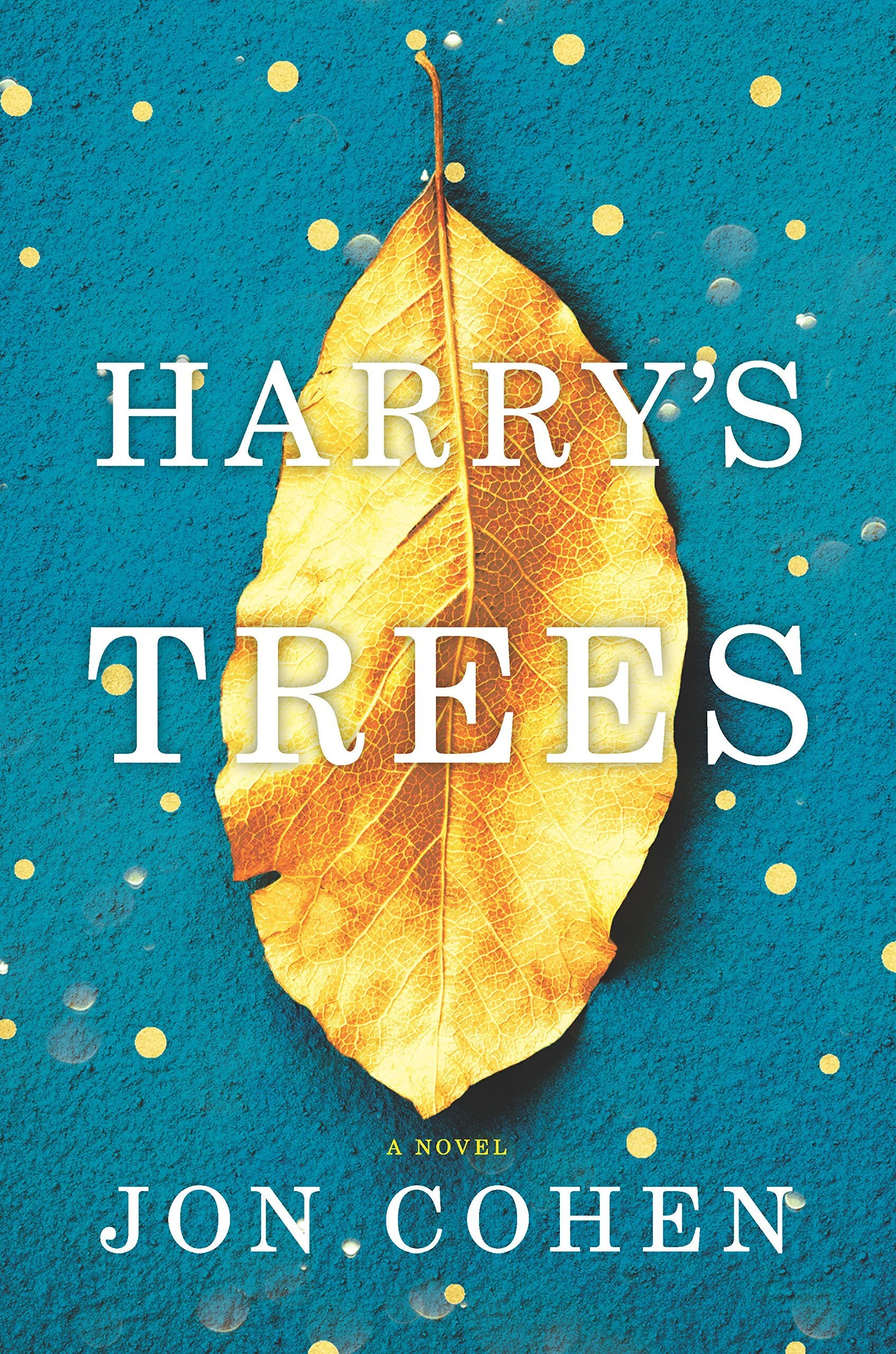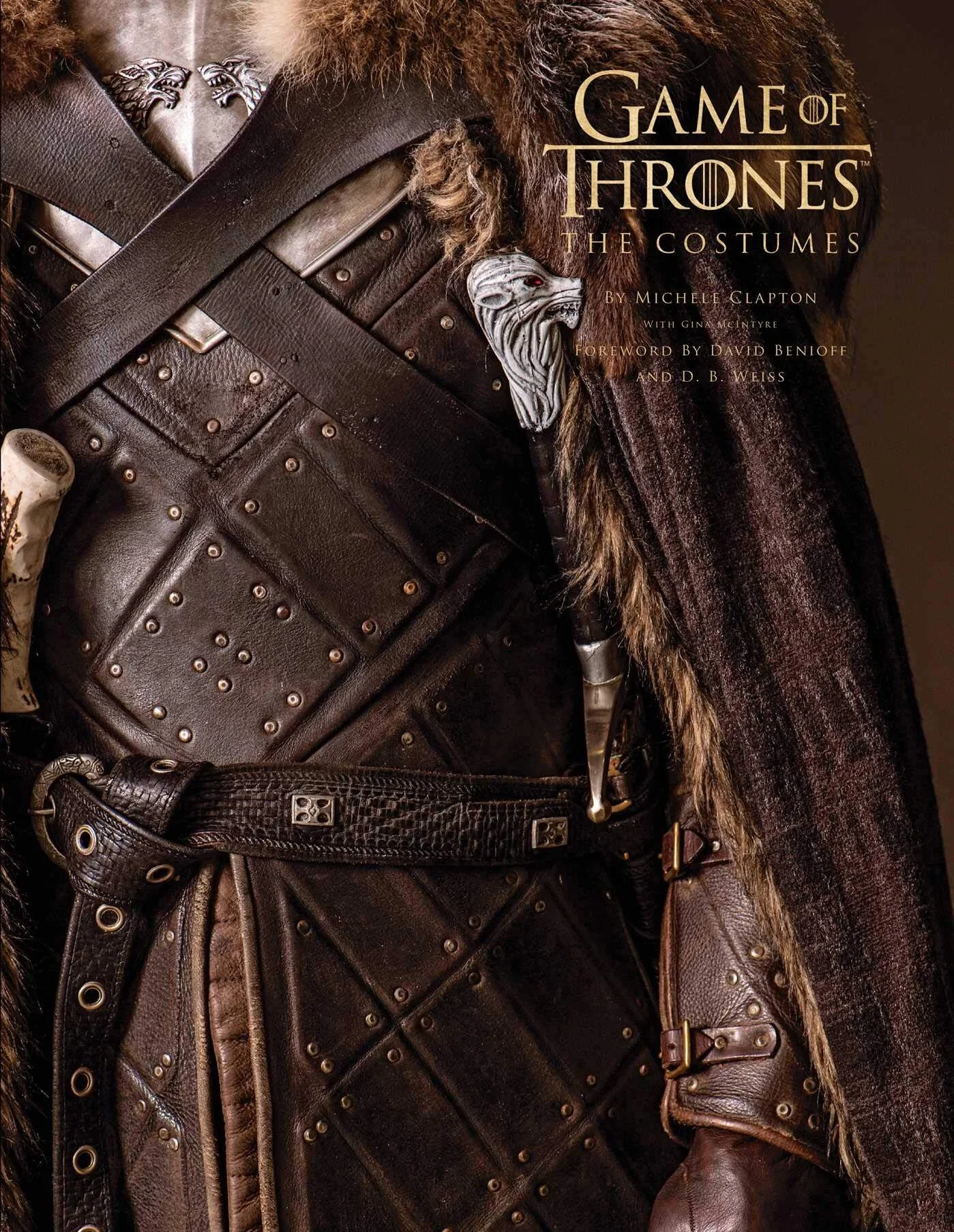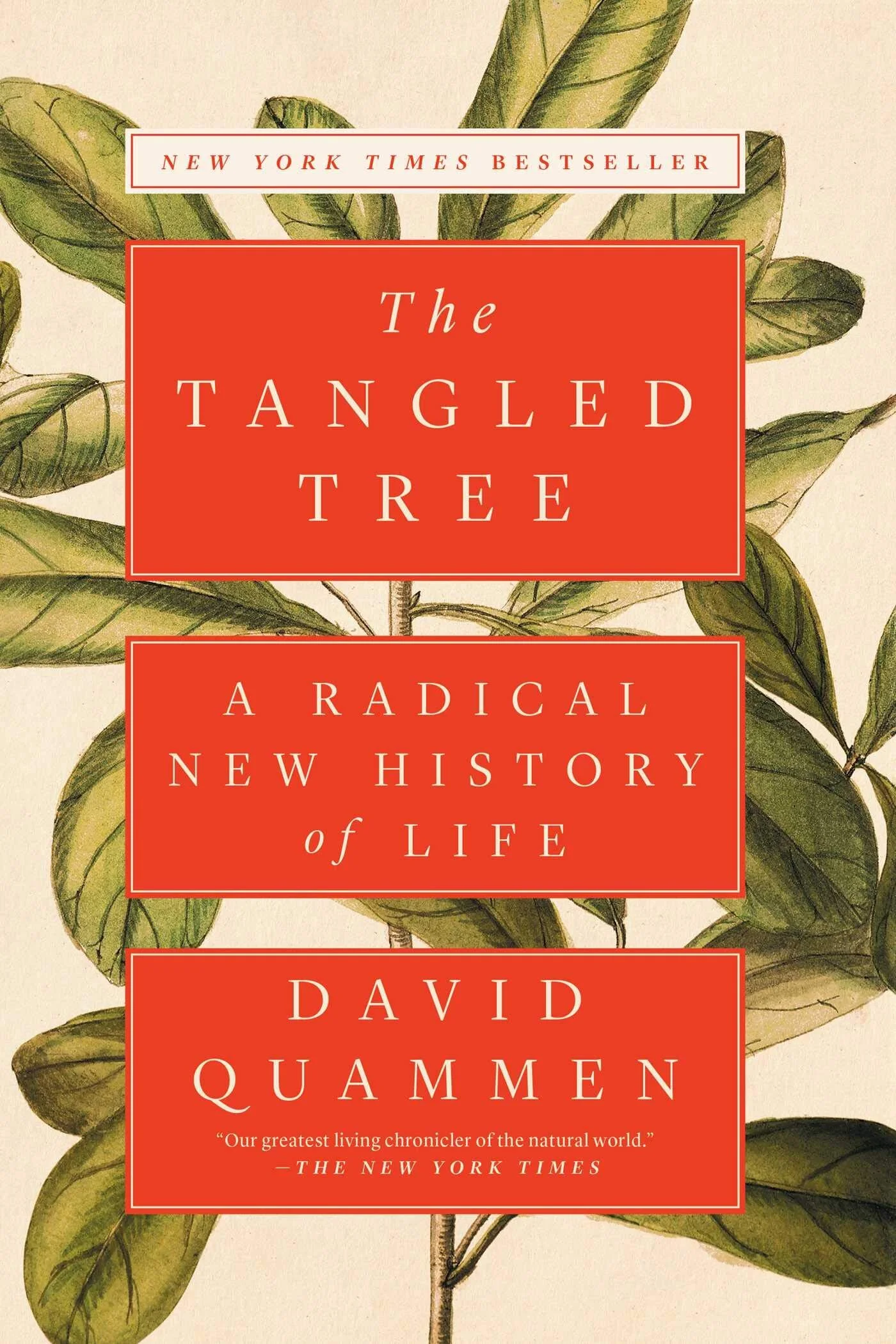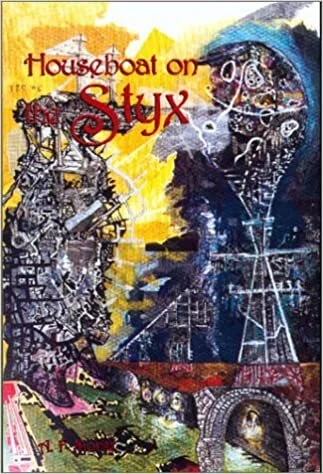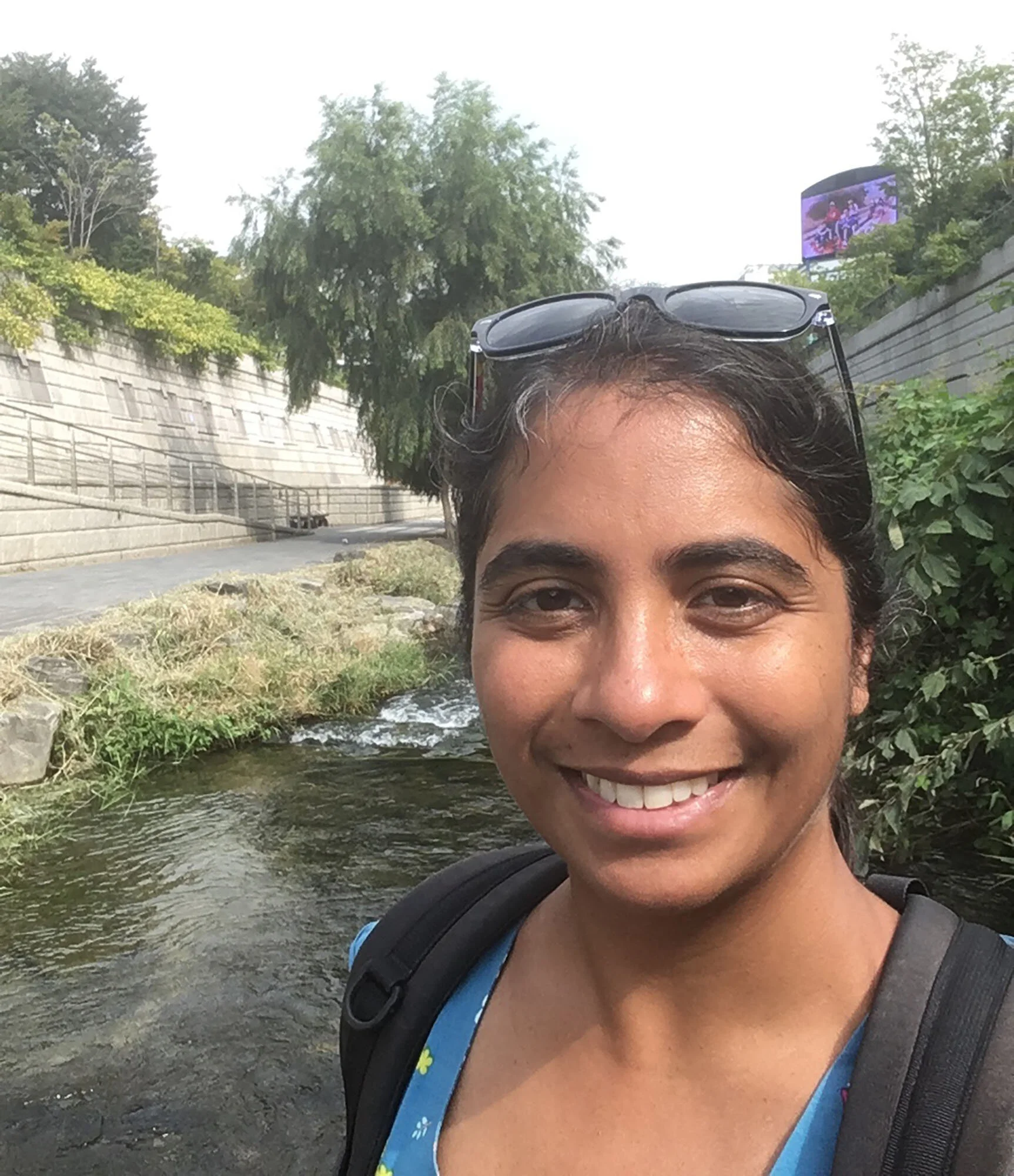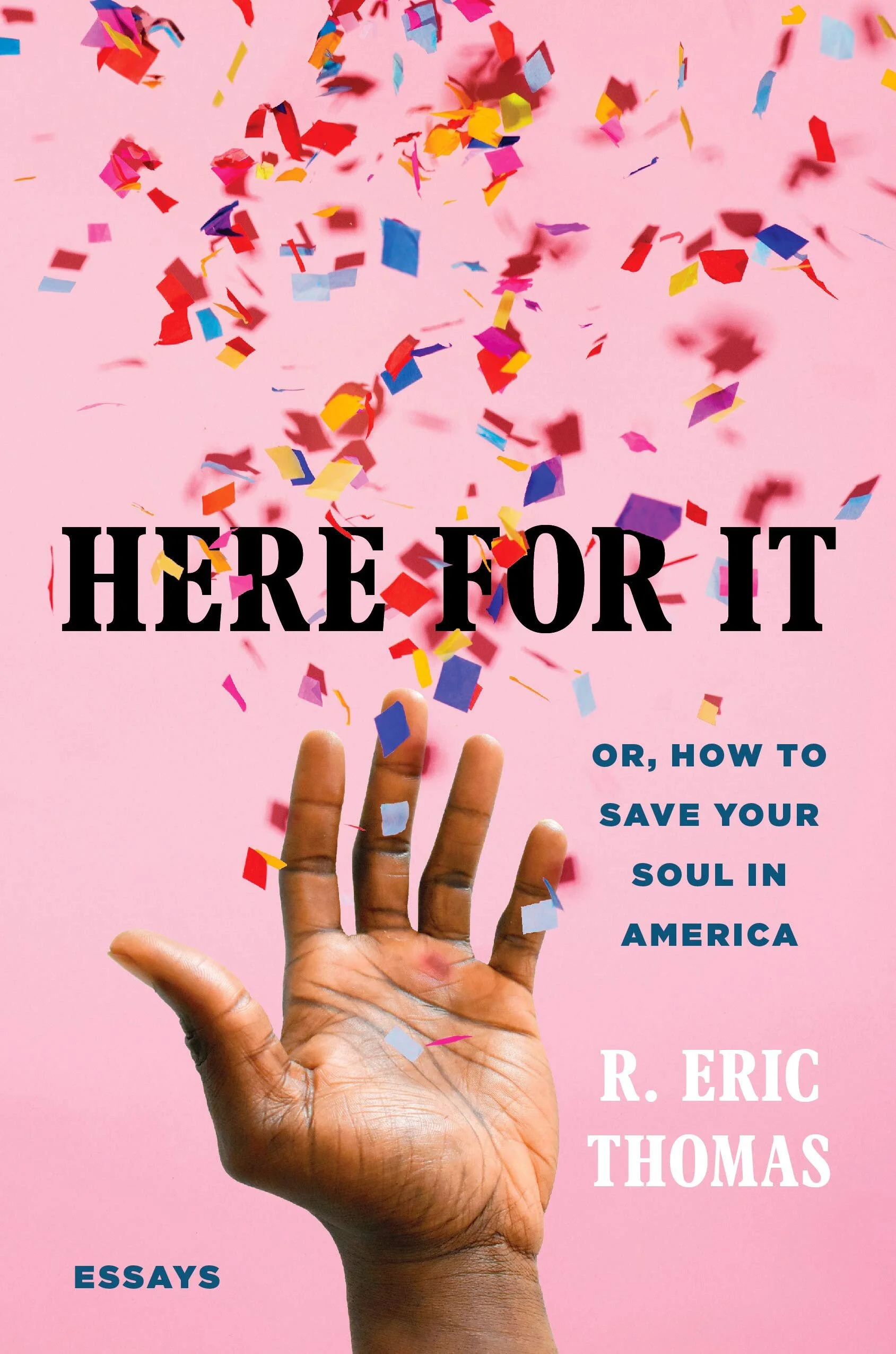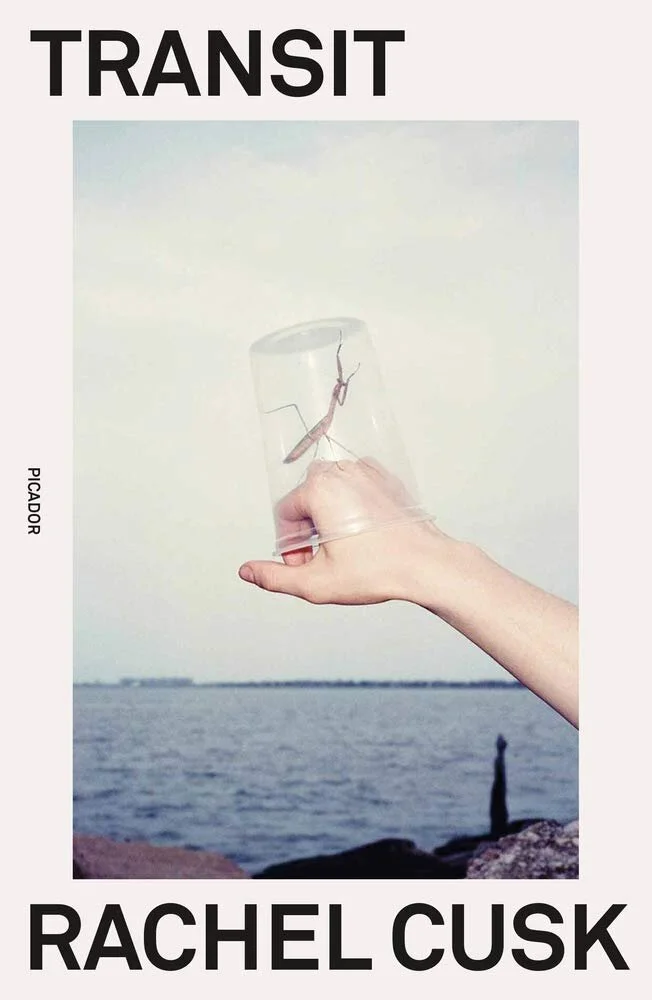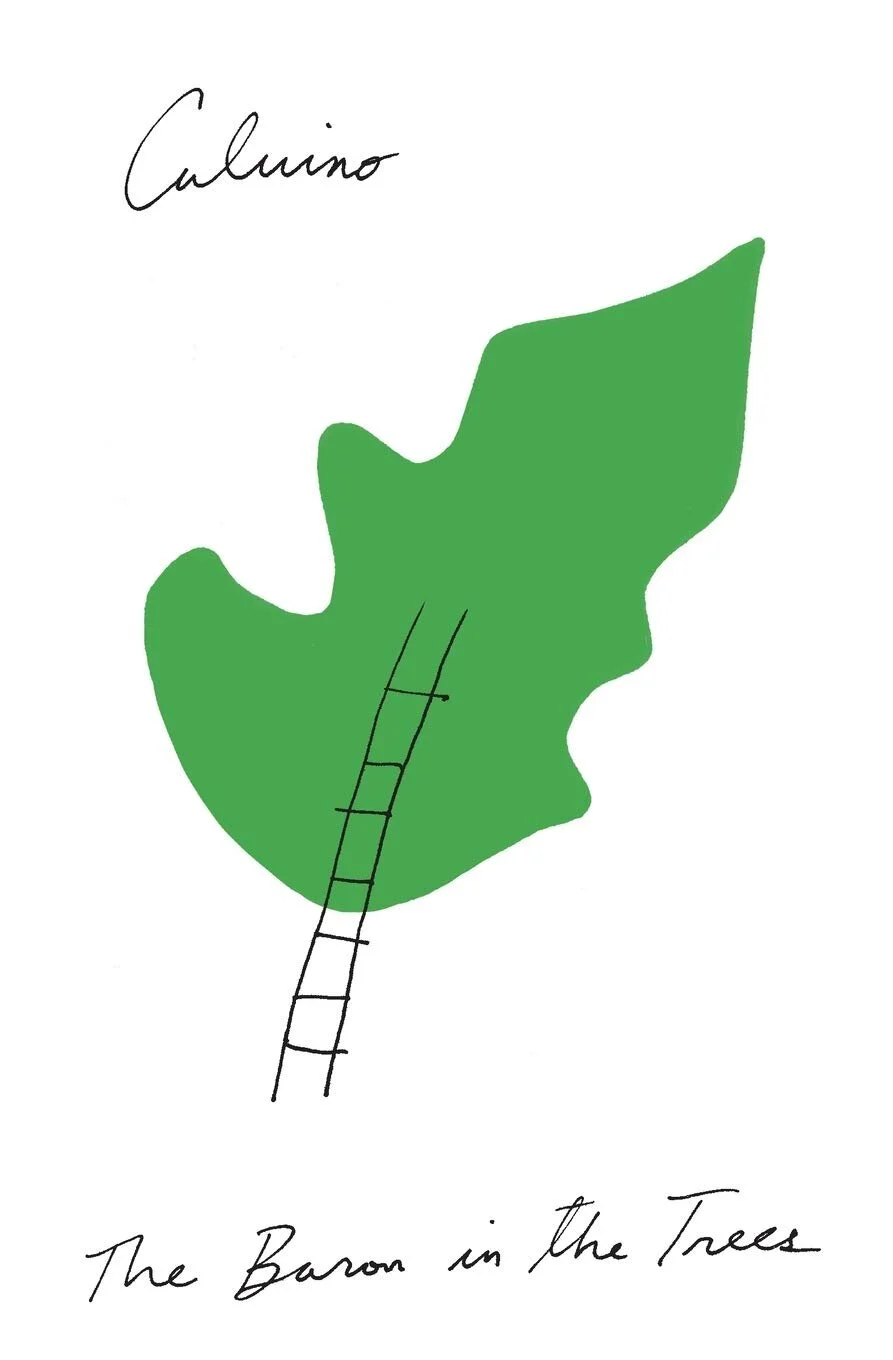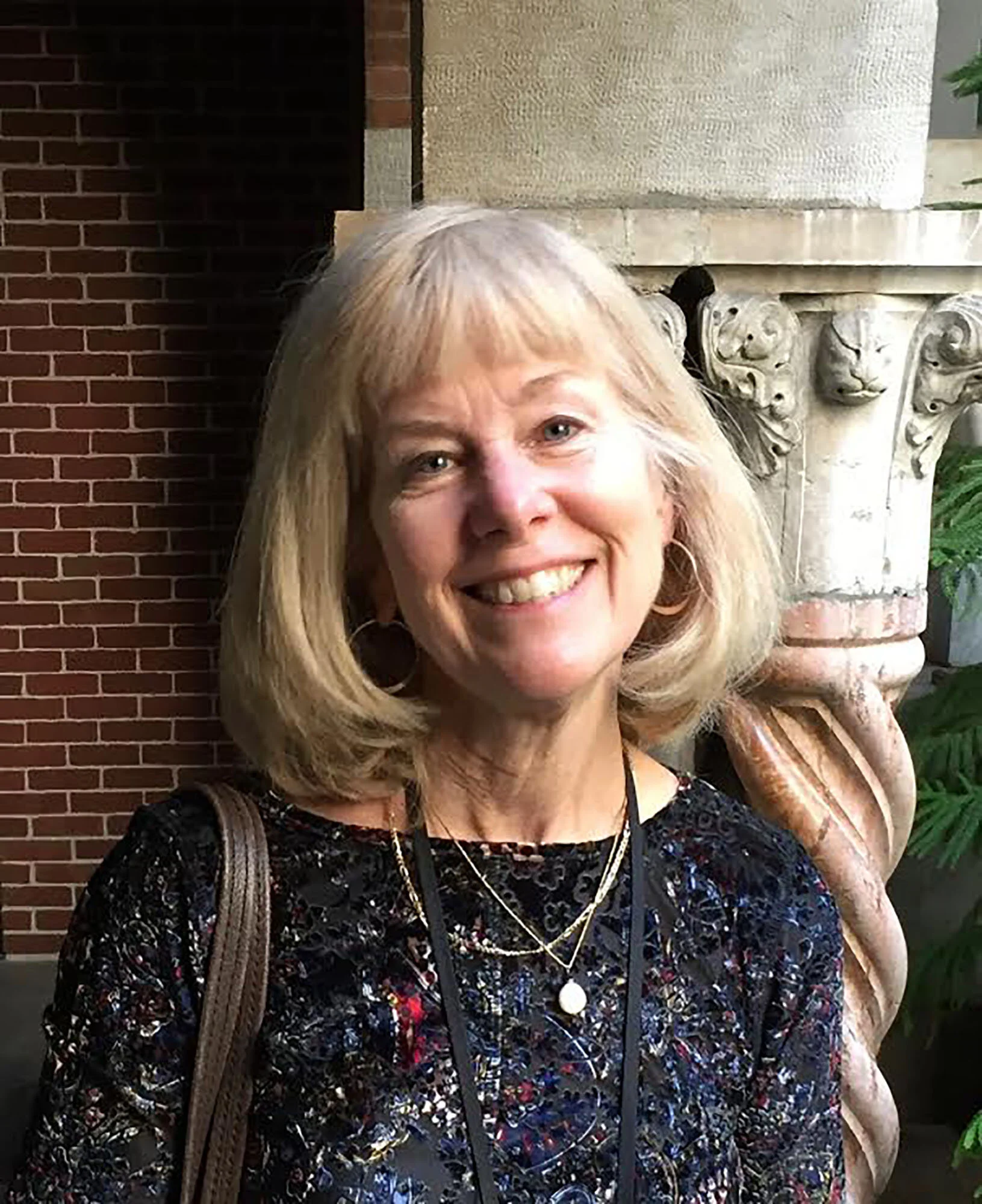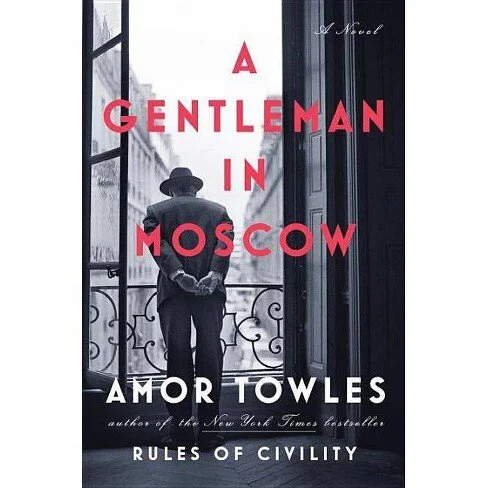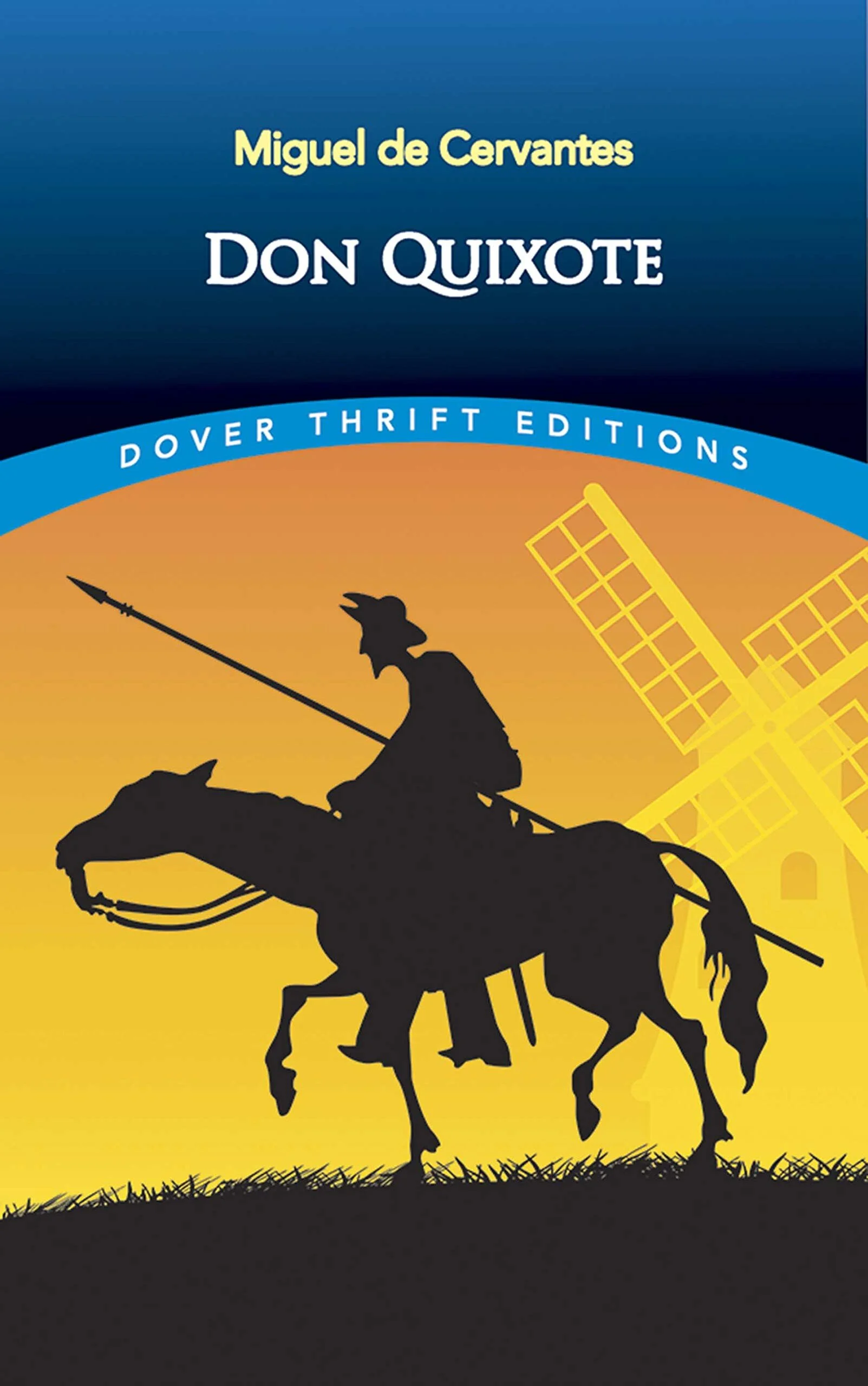The 2020 Swarthmorean Summer Reading List
We asked you, and you responded. Here are some of the books our subscribers, friends, and neighbors recommend, as well as the titles they’re reading this summer.
Satya Nelms
Associate Editor, Swarthmorean
Swarthmore
Books were my first friends. Inside them I found characters who felt familiar in ways that were comforting, and different in ways that were intriguing and exciting. I was one of those kids who looked forward to summer reading lists and the accompanying book report. As an adult, I still make book lists for myself – at the beginning of every season, not just summer – and am always interested to pore over recommended reading lists that cover a variety of interests. Here’s what’s on my shelf this summer.
Recommended
(F) Lakewood by Megan Giddings. This book has been compared to the movie, Get Out, the book, The Handmaid’s Tale, and the real-life story of Henrietta Lacks. It is reminiscent of all of those things, while also being creepy and thrilling in its own unique way.
(F) Clap When You Land by Elizabeth Acevedo. This was my first time reading Acevedo, and after finishing this book, I immediately read her others. The women and girls she brings to life with her verses are vibrant, three-dimensional, and engaging.
(F) The City We Became by N.K. Jemisin. N.K. Jemisin is brilliant. She takes such care with her world-building, and is especially detail oriented. As a native New Yorker, I hadn’t been sure how I would feel about characters who are meant to be living embodiments of the city and its boroughs, but I was completely invested.
(P) Bring Now the Angels by Dilruba Ahmed. Local poet Dilruba Ahmed has created a stunning collection. The observations and connections that her poems illustrate draw you in and linger long after you’ve finished reading.
(F) Such a Fun Age by Kiley Reid. This book was as thought-provoking as it was fun to read. I had trouble closing it at the end of the day and found myself waking up wondering what might happen next.
Summer Reading
(F) The Vanishing Half by Brit Bennett. This is Brit Bennett’s second novel. I loved her first, The Mothers, which you should also read.
(F) The Death of Vivek Oji by Akwaeke Emezi. There are a few authors I would follow anywhere because their storytelling is so masterful. I trust that whatever journey they take me on will be worth it. Emezi is one of those authors. Their novels, Freshwater and Pet, are unlike anything I’ve ever read, and I can’t wait to read this newest one.
(F) Transcendent Kingdom by Yaa Gyasi. This is the sophomore novel from Homegoing author, Yaa Gyasi. Homegoing was an incredible novel, and I’m sure this will be too.
(F) The Book of Lost Saints by Daniel José Older. I was given a copy of this book by a dear friend, and it has been sitting on my shelf waiting to be read. Fun fact: This book was almost in the running for One Book, One Swarthmore.
(F) Two Years, Eight Months and Twenty-Eight Nights by Salman Rushdie. My husband, Isaiah, loves Salman Rushdie, but I have always felt lost reading him. Each season, for a couple years now, I’ve promised myself that I will get through one of his books in its entirety, and each season it doesn’t happen. Maybe this summer I’ll finally pull it off.
Sibelan Forrester
Poet and Professor of Russian, Swarthmore College
Swarthmore
Recommended
I’ve seen a number of cartoons and comments to the effect that staying home during the pandemic has finally given people time “to read War and Peace.” It is a great novel! But for anyone who has now finished it, or who wants something a bit more recent, here are some suggestions of books by less well-known Russian authors. In most cases, I’m listing the translators, because that’s important, too.
(F) Omon Ra by Viktor Pelevin (translated by Andrew Bromfield). This early Pelevin novel, set in the late years of the USSR, treats the Soviet space program from an unexpected angle. It’s beautifully written and full of cultural and literary references, including Pink Floyd.
(F) Monday Begins [or: Starts] on Saturday (there’s more than one translation out there) by Arkady and Boris Strugatsky. The Strugatsky brothers were the preeminent science fiction authors writing in Russian in the second half of the 20th century, and this novel is a lot of fun. It presents an institute of magic full of eccentric characters — but does not neglect the critical elements these writers always include.
(F) On the Golden Porch and Sleepwalker in a Fog by Tatyana Tolstaya (both translated by Antonina Bouis). The stories in these collections are quite various, but Tolstaya (a distant relation of the more famous Leo) has an amazing style. She often expresses a deep nostalgia for the past that any reader can relate to.
(F) Medea and Her Children by Ludmila Ulitskaya (translated by Arch Tait). Ulitskaya is a major living author, and one who has worked to address issues of tolerance and diversity in Russian culture today. Medea is my favorite of hers. It describes a family based on the shores of the Black Sea, with deep Greek ethnic roots and connections to the history and peoples around them.
(F) Laurus by Eugene Vodolazkin (translated by Lisa C. Hayden). Set in the 15th and 16th centuries, this novel offers a magical reading experience! And: anything translated by Lisa Hayden is worth picking up to read.
Finally:
(F) Anna Karenina by Leo Tolstoy (translated extremely well by Marian Schwartz). There are numerous translations available, but I especially recommend this recent one. Anna Karenina is a very smart beach read, but a beach read nonetheless. As you read it, you can for a long time (as Nabokov said) test the satisfying thickness of the remaining pages with your right hand.
Summer Reading
Ukrainian Women Writers and the National Imaginary by Oleksandra Wallo.
Evgeny Boratynsky and the Russian Golden Age by Anatoly Liberman.
Magic Practices of Northern Russian Villages by Svetlana Adonyeva and Andrei Stepanov (eds.). Soon to be translated by Sibelan Forrester.
Virginia Brabender
Professor, Widener University’s Institute for Graduate Clinical Psychology
Swarthmore
Recommended
(NF) The Splendid and the Vile: A Saga of Churchill, Family, and Defiance During the Blitz by Erik Larson. Possibly the most entertaining, thought-provoking historical work I have ever read, although it did intensify my guilt about our having gotten into World War II so late.
(NF) Blowout: Corrupted Democracy, Rogue State Russia, and the Richest, Most Destructive Industry on Earth by Rachel Maddow. Disturbing and illuminating in equal measure. With her careful scholarship and signature wit, Maddow provides fascinating close-up character sketches of major players on the global stage whom we usually see only from afar. And if you’ve ever doubted that we should tax and regulate the fossil fuel industry more aggressively, reading this book will resolve those doubts.
(F) Euphoria by Lily King. Set primarily in the jungle of New Guinea, this novel is based on the life and character of Margaret Mead. Although it features a love triangle, it also explores some of the differences among anthropologists at that time.
(F) Coromandel Sea Change by Rumer Godden. Godden, a favorite novelist of mine, writes compellingly about life in a seaside resort in southern India. This fast-moving novel emphasizes plot over character development, but one character was multifaceted – the sea itself, in all its wildness and pacificity.
(F) Swing Time by Zadie Smith. Zadie Smith’s novels will never be found to want for richly developed characters, and this often humorous inter- and intra-cultural exploration of (primarily) female relationships, and how they shape identity, is no exception.
Summer Reading
(F) The Mill on the Floss by George Eliot. Generations have read about Eliot’s irrepressible Maggie, and I want to do so as well.
(NF) The Strange Case of Donald J. Trump: A Psychological Reckoning by Dan P. McAdams. Dan McAdams is one of the top theoreticians and researchers on personality.
(NF) Creating Equality at Home: How 25 Couples around the World Share Housework and Childcare by Francine M. Deutsch and Ruth A. Gaunt (eds.). Equal housework-sharing is rare — I want to find out how folks do it, and what they perceive its effects on the family to be.
(NF) Every Nation for Itself: Winners and Losers in a G-Zero World by Ian Bremmer. I have been wanting to read a Bremmer book for some time, but which one? Then, strangely, this one appeared in a family member’s bookcase.
Mary Gay Scanlon
Congresswoman, PA-5
Swarthmore
Recommended
(F) The Daughters of Erietown by Connie Schultz. A good old-fashioned multigenerational tale.
(NF) Walking With the Wind by John Lewis. A memoir by the most humble and impactful individual I’ve ever met. After reading his award-winning graphic novel, March, and attending his annual Civil Rights Pilgrimage to Alabama, I wanted to know more of his story. Lovely and inspiring.
(NF) The Fight to Vote by Michael Waldron. An important overview of our history and current challenges to U.S. voting rights.
Summer Reading
(F) Harry’s Trees by Jon Cohen. I picked it up while browsing in a Canadian bookstore, and then realized it was written by a neighbor!
(F) There There by Tommy Orange. This year’s One Book, One Philadelphia read.
(NF) Educated by Tara Westower. Good reviews, and a truly unusual story.
(NF) Pelosi by Molly Ball. Because it never hurts to know more about one’s colleagues.
(NF) Say Nothing: The True Story of Murder and Memory in Northern Ireland by Patrick Radden Keefe. Multiple family members and colleagues have raved about this book, especially with Brexit raising new issues for Irish border.
Extra: (NF) The Unredacted Report of the Special Counsel by Robert Mueller, et al. While I had hoped to read the unredacted report and the underlying evidence this summer, it’s still not available, because on July 1 the Supreme Court granted the White House‘s request for further review of a challenge to its release. (The redacted report, which is available, still contains plenty of eye-popping details about how far the Russian government went to undermine the 2016 election, and how the Trump campaign sought to profit from that foreign interference and then cover it up.)
Nathalie F. Anderson
Poet and Professor
Rutledge
Recommended
(NF) White Fragility: Why It’s So Hard for White People to Talk About Racism by Robin J. DiAngelo. This isn’t a scholarly book muffled in carefully amassed research, but an urgent one, intended to provoke and spur. I found it thought-provoking and useful to me as a white person, particularly its last chapter, which offers strategies for listening to and accepting feedback with intelligence, humility, gratitude, and grace.
(F) The Crossing Places by Elly Griffiths, and also the rest of this series of detective novels centered on forensic archaeologist Ruth Galloway. I’m familiar with this part of England to the north of Cambridge, and I enjoy seeing how Griffiths works around actual archaeological finds to frame her contemporary murders. But the real reason to read these books is the character Ruth Galloway. She’s an archaeological expert who’s passionately precise about knowledge, but undercut in her job, and largely clueless about other people – yet she grows and deepens with every book. These aren’t gritty noir novels, but they’re not “cosy” either, and I find their composite picture of this unusual character especially satisfying
(P) WHEREAS: by Layli Long Soldier. A book of poems that deconstructs the legal “whereas” clauses that have negotiated the first peoples of the American continent into untenable living conditions. Wrenching and revelatory, both historically and personally. I hope that – despite the coronavirus – Long Soldier will be reading for us at Swarthmore College sometime this year.
(F) Paper Son by SJ Rozan. It’s been years since I last read books in this series of detective novels which feature an older Anglo-American guy and a younger, edgier Chinese-American woman in business together in New York, sometimes uneasily, sometimes as each other’s best ally. This most recent book in the series sends them to the American South, where both are out of their depth. I think it would be useful to read the first book or two in the series in order to understand the dynamics between the two protagonists, but it isn’t necessary to read the entire series to enjoy this one.
(F) Ninth House by Leigh Bardugo. What if the Yale secret societies really dealt with actual magic? In this well-done satire / fantasy novel, the main character – who’s seen ghosts since infancy – interestingly embodies the first-generation undergraduate who finds it difficult to feel she belongs. Though the corruption imagined in this novel seems well-contained in the one book, I would definitely read a sequel.
Summer Reading
(F) Busara Road by Philadelphia novelist David Hallock Sanders. The 11-year-old child of white Quaker missionaries grows up in post-independence Kenya. This has been at the top of my must-read stack since January.
(NF) Out Loud: A Memoir by dancer and choreographer Mark Morris, written with the British novelist and singer-songwriter Wesley Stace, who now lives in Philadelphia.
(P) Writing Home: The “New Irish” Poets, edited by Pat Boran and Chiamaka Enyi-Amadi. How immigrants from Africa, India, Eastern Europe, the European Union and elsewhere are – as the book’s back cover puts it – “expanding the very definition of ‘writing from Ireland.’”
(F) Bring Up the Bodies and The Mirror and the Light by Hilary Mantel. Mantel’s Wolf Hall is one of the books I’ve most enjoyed in the past ten years. This summer, I aspire to complete Mantel’s trilogy about the rise and fall of Thomas Cromwell, facilitator for Henry VIII.
(F) Game of Thrones: The Costumes by Michele Clapton. What can I say? A not-so-secret obsession.
Poet Nathalie F. Anderson is the Alexander Griswold Cummins Professor of English Literature and Director of the Program in Creative Writing at Swarthmore College.
George Mulford
Retired
Swarthmore
Recommended
(NF) Waters of the World by Sarah Dry. A history of climate science from the 1850s to today, focusing on the scientific life of half a dozen largely unsung individuals. Dry, a historian, can’t resist including those personal exploits that make such good stories: John Tyndall setting stakes in a glacier, Joanne Malkus (later Simpson) flying a DC3 into tropical clouds, Willi Dansgaard collecting rain samples in his backyard through the course of a storm. But she is equally fond of the writings in which each of her protagonists describes the relationship of their scientific life to their personal, intellectual, and spiritual life. And she lingers over the moments in history when the scientific paradigm shifted: from cosmology, to meteorology, to climatology, to climate science. I would love to have written this book.
(NF) Life’s Greatest Secret: The Race to Crack the Genetic Code by Matthew Cobb. Like Sarah Dry, Cobb has a gift for turning intellectual breakthroughs into adventure stories. He’s fond of the scientific underdog who turns out to be on the right track. He has a great story to tell, and he tells it very well.
(NF) The Tangled Tree: A Radical New History of Life by David Quammen. Quammen traces the emergence of three ideas that have roiled evolutionary biology: Carl Woese’s discovery of the archaea, a whole new kingdom of life; the phenomenon of endosymbiosis, through which a foreign cell becomes an inherited part of its symbiotic host’s cells (like yours and mine); and horizontal gene transfer, which allows traits to be swapped in, rather than inherited. Together they make it impossible to think of evolution as a tree with one trunk and diversity arising only through successive branching.
(F) Augustown by Kei Miller. A novel whose central characters are a Rastafarian family in a fictional version of the August Town neighborhood of Kingston, Jamaica. Miller, a Jamaican poet, gets under your skin with the very real social setting, while elevating his characters’ rootedness and aspirations to a mythic level.
(F) Lincoln in the Bardo by George Saunders. Saunders imagines the afterlife (or the near afterlife) as a place where people cling obsessively to the passion that was theirs at the moment of death, until somehow they decide to move on. It sounds weird and depressing, but instead it’s comic and melancholy, and when real accounts of the death of Abraham Lincoln’s son are mixed in, the imaginary world seems to gain plausibility by comparison. The audiobook version, using an unprecedented 166 voices, including a lot of celebrities, is a wonderful thing. David Sedaris has a star turn!
Summer Reading
(NF) The Souls of Black Folk by W.E.B. Du Bois. Dare I admit that I’ve never read it? How about you?
(NF) The Last Negroes at Harvard: The Class of 1963 and the 18 Young Men Who Changed Harvard Forever by Kent Garrett and Jeanne Ellsworth.
(F) A Houseboat on the Styx by John Kendrick Bangs. Just when I was about to say there’s nothing else like George Saunders’ book, I remembered this book by Bangs from my childhood. It was supposed to be over my head, so I loved it. Why not take another look?
George Mulford, Harvard College ’63, is the director of the only play at the Players Club of Swarthmore ever to be canceled on opening night: March 13, 2020.
Jayatri Das
Biologist, Science Educator
Swarthmore
Recommended
(NF) The Great Pretender by Susannah Cahalan. I enjoyed the personal lens Cahalan uses to explore how the combination of biological complexity, human arrogance, and social stigma has led to continued challenges in finding effective treatments for mental illness.
(NF) She Has Her Mother’s Laugh by Carl Zimmer. I had put off reading this book because of its 600+ pages, but it’s worth it. Anyone who has thought about getting their DNA sequenced will find it eye-opening and timely. Especially as genetic technology advances, Zimmer helps us consider what DNA can — and cannot — tell us about who we are.
(NF) One Day: The Extraordinary Story of an Ordinary 24 Hours in America by Gene Weingarten. In museum exhibits, we often start with a broad theme and then curate stories, objects, and experiences that support it. Weingarten drew me in with the opposite approach: a collection of stories from a random day that, surprisingly, coalesce.
(F) The Stationery Shop by Marjan Kamali. The competing forces of family, career, culture, and love that Kamali’s characters face really resonated with my own life and my (normally hidden) inner romantic. Plus, the mouth-watering descriptions of Persian food made me hungry.
(P) Bring Now the Angels by Dilruba Ahmed. I’m constantly thinking about the everyday reality of science, medicine, and politics, so I was moved by Ruba’s lyricism in bringing these prosaic themes into reflections on life and loss, simultaneously personal and universal. How lucky are we to have Ruba as a friend and neighbor in Swarthmore?
Summer Reading
(NF) Here For It: Or, How to Save Your Soul in America by R. Eric Thomas. A few years ago, I happened to speak at the same event as someone named Eric Thomas. I don’t remember much of what I said because I nearly died laughing as Eric brought the house down after me. I’ve been following his work ever since.
(NF) The Alchemy of Us by Ainissa Ramirez. Though I’m a biologist, I’ve worked on many projects with materials scientists and am always interested by how common materials are born from unexpected intersections of humans, science, and culture.
(NF) Girl Decoded by Rana el Kaliouby. Ever since I read Hope Jahren’s Lab Girl a few years ago, with admittedly mixed reactions, I’ve looked for more women who share their personal stories about working in science and tech, and el Kaliouby’s work in artificial emotional intelligence is fascinating.
(F) Harbor Me by Jacqueline Woodson. I’m planning to read this with my 10-year-old twins as a doorway into thinking about racism, xenophobia, and privilege through the perspectives of kids with life experiences different from ours.
(F) The Starless Sea by Erin Morganstern. A friend suggested this to me as a magical escape, so it’s on my list as a summer-vacation read, to take me away – even if we are sticking close to home.
Jayatri Das is Chief Bioscientist at the Franklin Institute and a member of the steering committee of Indivisible Swarthmore: Moving the Needle.
Eric Iversen
STEM Education and Career Guidance Publishing
Swarthmore
Recommended
(F) A Gentleman in Moscow by Amor Towles. A 19th-century-style novel about a 20th-century Russian aristocrat “de-personed” by the Russian Revolution who finds a formula for life very relevant to 21st-century times.
(NF) Big Hair and Plastic Grass: A Funky Ride Through Baseball and America in the Swinging ’70s by Dan Epstein. The 1970s were formative years for many baseball fans of a “certain age,” and this book recuperates the era as a moment of freedom and expressiveness between the “gray suit” baseball of the ’60s and the gimlet-eyed Reaganism of baseball in the ’80s.
(F) Dark Network: An Imogen Trager Novel by James McCrone. Electoral College hijinks continue in a prophetic follow-up to the earlier, stellar Faithless Elector; also Jamie’s a great pal of mine and writes like the dickens.
(F) A Legacy of Spies by John LeCarre. Slowly grinding, spell-binding resolution to the alternative George Smiley sequence that includes The Spy Who Came in From the Cold. LeCarre is still one of the great anatomists of organizational cynicism and dysfunction.
(F) The Confidence-Man by Herman Melville. Melville, Whitman, and Twain foresaw almost everything about American cultural history that has unfolded since the Civil War, and this book shows how deeply in the American grain our current president is located.
Summer Reading
(F) Mendocino Fire: Stories by Elizabeth Tallent. After a few winsome and wise books in the ’80s and ’90s, Tallent was out of the writing game for a long time, re-emerging in 2015 with this collection.
(F) Sing, Unburied, Sing by Jesmyn Ward. Seems like an inheritor of the Toni Morrison tradition. We are really missing Morrison these days.
(F) In Love by Alfred Hayes. Part 1 of a reissued trilogy by a mid-century writer I’ve only just learned about — half Fitzgerald, half Miles Davis, they say. What could go wrong?
(NF) The Wax Pack: On the Open Road in Search of Baseball’s Afterlife by Brad Balukjian. A guy tracks down every baseball player from a pack of 1986 baseball cards to see what their lives have become.
(NF) The Power of Positive Dog Training by Pat Miller. Because, like everyone else, we ended up with a puppy during quarantine.
Jonathan Hodgson
Swarthmore
Recommended
(NF) The Sword and the Shield: The Revolutionary Lives of Malcolm X and Martin Luther King Jr. by Peniel E. Joseph. This fascinating dual biography shows how the two converged in their positions, even though they met only once – in the Senate building during hearings on the Civil Rights Act.
(F) Greenwood by Michael Christie. A multi-generational story that explores how a family can be made from unrelated people.
(NF) Deaths of Despair and the Future of Capitalism by Anne Case and Angus Deaton. The deaths referred to in the title are those among non-Hispanic whites without college degrees. A powerful indictment of the state of capitalism with one major recommendation: Fix the healthcare system.
(F) The City We Became by N.K. Jemisin. Somehow, Jemisin makes one believe the fantasy.
(F) Run Me to Earth by Paul Yoon. The story of three children who grew up during the bombing of Laos – and what becomes of them. Magically written.
Summer Reading
(F) Felix Holt, the Radical by George Eliot. I’ve read this before, but I like to revisit Eliot.
(F) A Burning by Megha Majumdar
(NF) The Shadow of Vesuvius: A Life of Pliny by Daisy Dunn
(F) The Mercies by Kiran Millwood Hargrave
(F) Shorefall by Robert Jackson Bennett. The sequel to Foundryside.
Bobbie Harvey
Swarthmore
The Delaware County Library site (delcolibraries.org) has been invaluable this year. I keep a list of books I want to read, and I search for them by title, “available now,” and Kindle format. It feels like they magically appear, sometimes instantly, sometimes after a hold. It’s a wonderful resource for these times when the libraries have been closed.
Recommended
(F) The River by Peter Heller. I don’t often read thrillers, but this book has it all. A great plot: two canoers in the wilderness, a dangerous wildfire, a mysterious injured woman, some drunks with guns, and near starvation. The main characters, friends from college, are fleshed out with backstories; they have thoughts as well as actions. And great writing: crisp descriptions of paddling and fly-fishing are balanced with almost poetic descriptions. And when the plot picks up, so does the pace of the sentences.
(NF) Women’s Work: A Reckoning with Work and Home by Megan K. Stack. Stack and her husband were both foreign correspondents in China when she got pregnant and decided to quit her job and write a novel. They hired a young Chinese woman to help. But the birth, the baby, and the relationships were all difficult. Then, just as Stack got pregnant again, her husband was transferred to India. The novel didn’t get written, but eventually this memoir did. I loved every minute of this book, especially the empathy and understanding Stack has for all the women who helped her.
(F) Speak No Evil by Uzodinma Iweala. The beauty of this book is its stream-of-consciousness style. When someone speaks, there are no quotation marks, as if you’re inside the narrator’s head. In the first section of the book you see, through the eyes of a black, gay high-school senior, what it’s like to be attracted to your track teammates, and what it feels like when your wealthy conservative father takes you back to Nigeria for conversion therapy. In the second section of the book, the narrator is Meredith, who is white. This is a novel for these fractious times; that’s all I can say without giving anything away.
(F) The Body in Question by Jill Ciment. She’s a photographer and he’s an anatomy professor; they meet when both are picked to serve on a jury that is trying a highly publicized murder case. When the jury is sequestered, they begin an affair. A quick read. I only wish it had been longer.
(F) Transit by Rachel Cusk. The middle book of the Outline trilogy. We come to see the outline of the protagonist’s life through the conversations she has with others. Calming, evocative, thoughtful writing.
Summer Reading
(M) Uncanny Valley by Anna Wiener
(F) Sea Wife by Amity Gaige
(F) All Adults Here by Emma Straub
(NF) The Beneficiary: Fortune, Misfortune, and the Story of My Father by Janny Scott
(F) Unquiet by Linn Ullmann. The author is the daughter of Liv Ullmann and Ingmar Bergman, and the novel is semi-autobiographical.
Summer Reading
(F) Sansei and Sensibility by Karen Tei Yamashita
Emily Farrell
Retired English teacher
Strath Haven High School
Media
Recommended
This year, I seem to have read books with distinctive points of view. For example:
(F) American Dirt by Jeanine Cummins is about a Mexican woman who flees for her life to the safest place she can imagine, the United States. I insist everyone read it.
(F) The Island of Sea Women by Lisa See describes women in Asia who dive into the sea in the middle of winter.
(F) The Dearly Beloved by Cara Wall deals with two ministers who are friends, and describes their experiences shepherding their communities religiously and morally.
(F) Free Food for Millionaires by Min Jin Lee, the author of Pachinko, is about a Korean daughter of immigrants and her life in New York City.
(NF) Leaving the Witness by Amber Scorah showed me the lives of Jehovah’s Witnesses.
Summer Reading
Having signed up at every library in the county, I have managed to get a nice stack of books:
(F) Rodham by Curtis Sittenfeld
(F) The Mirror and the Light by Hilary Mantel
(F) Father of the Rain by Lily King
(F) The Magician’s Assistant by Ann Patchett
(F) Actress by Anne Enright
Isys Nelms
Rising Ninth Grader, Strath Haven High School
Swarthmore
Recommended
(F/P) Clap When You Land by Elizabeth Aceved. A young adult novel in verse.
(F) Parable of the Sower by Octavia Butler. Science fiction/speculative fiction.
(F) Little Fires Everywhere by Celeste Ng. Realistic fiction.
(F) Color Me In by Natasha Díaz. Realistic young adult fiction.
(F) The Baron in the Trees by Italo Calvino. Literary fiction.
Summer Reading
You Should See Me In a Crown by Leah Johnson. LGBT young adult realistic fiction.
The City We Became by N.K. Jemisin. Speculative fiction.
The Satanic Verses by Salman Rushdie. Magical realism.
Cinderella Is Dead by Kalynn Bayron. LGBT fantasy.
All Boys Aren’t Blue by George M. Johnson. Memoir.
**EXTRA** The Miseducation of Cameron Post by Emily M. Danforth. LGBT realistic fiction.
Ginny Scott
Retired Strath Haven High School English teacher
Swarthmore
Recommended
(NF) At the Existentialist Café: Freedom, Being, and Apricot Cocktails by Sara Bakewell. Have you noticed how “existential” has become the go-to adjective favored by the media for describing important events and decisions? I picked up this book to investigate what “existential” actually means. Sadly, what I found out is that none of the founders of Existentialism agree on that point. Nevertheless, this very readable story of the major Existentialists and their philosophical approach to life has given me the confidence to say when my anxiety has reached the level of an existential crisis.
(F) The Plague by Albert Camus. If 10 weeks of eating banana bread does have you in an existential crisis, this very sad novel may not be the cup of tea to wash down that banana bread. However, if you’re searching for a serious book for this sobering time, Camus’ fictional account of how a society copes with the fear and isolation of a public health crisis and quarantine will fill the bill. Its action has striking parallels to our own challenges, and Camus explores the situation with thoughtful, honest analysis.
(F) A Gentleman in Moscow by Amor Towles. If The Plague seems too bleak, this novel provides an account of an even longer “quarantine,” but does so in a much lighter tone. The gentleman in question is placed under house arrest in a Moscow hotel for 30 years — which really makes a 10-week stay-at-home order look not so bad.
Summer Reading
(F) War and Peace by Leo Tolstoy. Obviously, this novel predates Existentialism, but it definitely covers a time when that term could have come in handy to describe the decisions faced by its characters. Besides, my husband read it a few years ago, and I can’t let him lord that achievement over me any longer.
Ellen Milgrim
Retired Principal, Wallingford Elementary School
Philadelphia
Recommended
(M) Just Mercy: A Story of Justice and Redemption by Bryan Stevenson. This memoir by the founder of the Equal Justice Initiative, about striving for justice for improperly convicted death row inmates in Alabama, has propelled a nationwide examination of our criminal justice system and the need and possibility for reform.
(F) The Dutch House by Ann Patchett
(F) Deacon King Kong by James McBride
(F) The Miraculous Journey of Edward Tulane by Kate DiCamillo
(M) There Will Be No Miracles Here: A Memoir by Casey Gerald
Summer Reading
(NF) Between the World and Me by Ta-Nehisi Coates
(F) The Topeka School by Ben Lerner
(NF) The Second Mountain: The Quest for a Moral Life by David Brooks
(F) The Women in Black by Madeleine St. John
(NF) The Soul of America: The Battle for Our Better Angels by John Meacham
Olivia Sabee
Wallingford
Recommended
(F) We Have Always Lived in the Castle by Shirley Jackson
(F) Lost Children Archive by Valeria Luiselli
(NF) The Author’s Hand and the Printer’s Mind: Transformations of the Written Word in Early Modern Europe by Roger Chartier
(B) Ted Shawn: His Life, Writings, and Dances by Paul A. Scolieri
Summer Reading
(NF) A Theater of Diplomacy: International Relations and the Performing Arts in Early Modern France by Ellen Welch
(F) Red at the Bone by Jacqueline Woodson
(NF) Raising Demons by Shirley Jackson
Beth Gross
Former publisher/editor of the Swarthmorean
Swarthmore
Recommended
(F) Apeirogon (based on true events) by Colum McCann
(NF) The Education of an Idealist: A Memoir by Samantha Power
(F) Separation Anxiety by Laura Zigman
(F) The Rent Collector by Camron Wright
(F) Long Bright River by Liz Moore
Summer Reading
(NF) How to Be an Antiracist by Ibram X. Kendi
(F) Deacon King Kong by James McBride
(F) The Mezzanine by Nicholson Baker
(F) The Mountains Wild by Sarah Stewart Taylor
(NF) The Next Great Migration: The Beauty and Terror of Life on the Move by Sonia Shah
Amy Sepinwall
Academic
Swarthmore
Recommended
(F) Writers and Lovers by Lily King. Lovely, and very affecting.
(F) The Man of My Dreams by Curtis Sittenfeld. A touching novel featuring a likable emotional misfit.
(F) Conversations with Friends by Sally Rooney. More polemical, and so also more confronting, than Normal People.
(F) The Testaments by Margaret Atwood. The sequel to The Handmaid’s Tale, but more playful and satisfying.
Summer Reading
(F) Independent People by Halldor Laxness
(F) Rodham by Curtis Sittenfeld
(F) Transit of Venus by Shirley Hazzard
(F) War and Peace by Leo Tolstoy
Hail Thomas
Freelance Artist/Photographer
Wallingford
Recommended
(F) They Both Die at the End by Adam Silvera. Great novel for LGBTQ+ kids who love a dramatic novel with a sickeningly sweet romance.
(F) In Other Lands by Sarah Rees Brennan. Great fantasy story for young adults who want to escape from their world and jump into another.
(F) Every Day by David Levithan. This book is for the kids who, when asked what superpower they want, answer “shapeshift.”
Summer Reading
(F) The Gravity of Us by Phil Stamper
(F) Wayward Son by Rainbow Rowell
(F) Infinity Son by Adam Silvera
Patricia Brooks Eldridge
Swarthmore
Recommended
(NF) When They Call You a Terrorist by Patrisse Khan-Coulers. This book, by a co-founder of Black Lives Matter, should be required reading for every person in this country. A memoir, it describes the basic facts of life for the author and her family. Their neighborhood was a regular police state, with squad cars cruising round and round in her Black and Latino neighborhood. There were even cops in the schools and in helicopters overhead. READ IT!!
Summer Reading
(F) American Dirt by Jeanine Cummons. A novel about a middle-class couple in Acapulco, Mexico. He’s a journalist, she owns a bookstore. They have a comfortable middle-class life until he exposes the leader of a huge drug cartel. They have to flee, separately (she with their young son) and they head for the U.S. and – safety?? Needless to say, the trip is fraught with danger, as is the destination.
(F) The Price of a Child by Lorene Cary. A beautifully written book about an enslaved woman who has three children by her owner. He takes her to Pennsylvania, where she sets an escape plan in motion.
(P) Postcolonial Love Poem by Natalie Diaz, a Native American woman. I bought it for my husband for Father’s Day, and have just read the first few poems, which I liked very much. Expressive, with unexpected phrases/images, but not inaccessible.
(F) Dead End Girl by L.T. Vargus and Tim McBain. Escapist reading that my dear husband sent to my Kindle, to read if I can’t get to sleep.
Martha Hodes
Historian
Swarthmore
Recommended
(F) Mischling by Affinity Konar. This astounding novel is told from the point of view of 12-year-old twins who were subject to the brutal medical experiments of Nazi doctor Josef Mengele. I can’t fathom how Konar has written about something so horrific in such beautiful language.
(F) The Great Believers by Rebecca Makkai. A completely absorbing novel about a group of men in 1980s Chicago, facing the HIV/AIDS crisis, and the few who make it into the new century.
(F) The Hundred-Year House by Rebecca Makkai. I liked Great Believers so much that I tried another of Makkai’s novels. This one, told backwards, is so strange and inventive that when you finish it, you may want to start all over again, to figure out how the beginning became the end.
(NF) Hunger by Roxane Gay. This memoir is painful to read — it’s ultimately about the consequences of being sexually assaulted at the age of twelve — yet illuminating and beautifully written. I could not put it down.
(F) Harriet the Spy by Louise Fitzhugh. I recently re-read this childhood favorite, only to find that it’s a much more unusual story than I’d remembered, and that a great deal of its meaning eluded me as a kid.
Summer Reading
(NF) Sometimes You Have to Lie: The Life and Times of Louise Fitzhugh, Renegade Author of Harriet the Spy by Leslie Brody
(F) Forest Dark by Nicole Krauss
(F) Neverworld Wake by Marisha Pessl
(NF) My Autobiography of Carson McCullers by Jenn Shapland
(NF) Lost Property: Memoirs and Confessions of a Bad Boy by Ben Sonnenberg
Martha Hodes, Professor of History, New York University, and a resident of Swarthmore, is currently writing a book exploring history and memory through a 1970 airplane hijacking.
Chris Reynolds
Rose Valley
Recommended
(NF) The Splendid and the Vile by Erik Larson. Chronicles a pivotal year in England when Winston Churchill was the wartime prime minister that his nation required. Dense with detail from archival research, this is both a history and a character study of a great leader who reminds us that it is possible to be both strong and beloved. Empathy was as crucial to Churchill’s success as brilliance.
(F) A Visit from the Goon Squad by Jennifer Egan. I read this inventive meta-novel 10 summers ago in just a couple of sittings. Characters combine in various configurations across decades, brought together by rock music, love, and disillusionment.
Summer Reading
(F) Don Quixote by Miguel de Cervantes. Never read it, although I freely use the word quixotic. Time to learn what that actually means.
(F) Harry’s Trees by Jon Cohen. This book was on my list two years ago when it was new, but my copy never arrived at the library. Better luck this time? Anyway, I’ve enjoyed reading Jon’s pieces in the Swarthmorean in recent months, and I am eager to see what he does on a larger canvas.
(NF) La Bella Figura by Beppe Severgnini. This will serve as a substitute (and preparation) for actual travel in Italy next year. Short essays by a funny guy.
(NF) The Wax Pack by Brad Balukjian. The lives of 1980s baseball players, then and now, reported as part of an odyssey of self-discovery. Again, a surrogate for the real thing.
Chris Reynolds is a former editor of the Swarthmorean.
Maurice G. Eldridge
Vice President, Retired, Swarthmore College
Swarthmore
Recommended
(F) Ghost Boys by Jewell Parker Rhodes. For older children and adults. A timely read, given our times. Engaging, moving, even painful.
(NF) White Fragility: Why It’s So Hard for White People to Talk About Racism by Robin DiAngelo and Michael Eric Dyson. Meant for white audience, but accessible to all. Demanding, and can be uncomfortable reading, but powerful teaching nevertheless.
(M) Black Boy by Richard Wright. Powerful reading about a black child growing up in the deep South in the early 20th century. Well written and sure to broaden understanding of contemporary and continuing racial issues.
(F) There There by Tommy Orange (an Indigenous American author). Unusual structure: a series of reflections by a variety of American Indians on various elements of their lives.
Summer Reading
(P) Postcolonial Love Poem by Natalie Diaz
(NF) Unworthy Republic: The Dispossession of Native Americans and the Road to Indian Territory by Claudio Saunt
(F) The Hate U Give by Angie Thomas
(F) American Spy by Lauren Wilkinson








